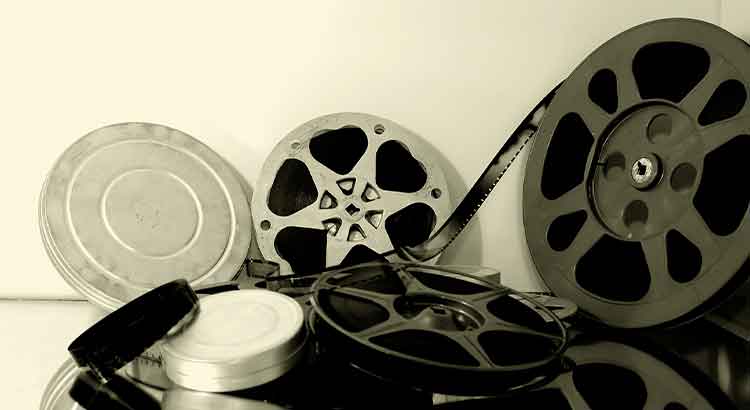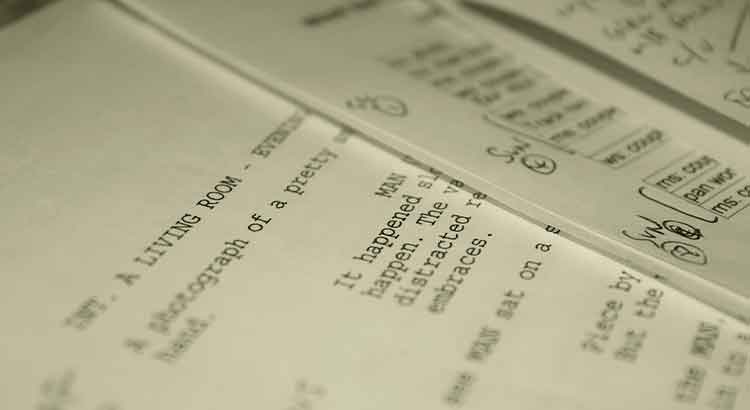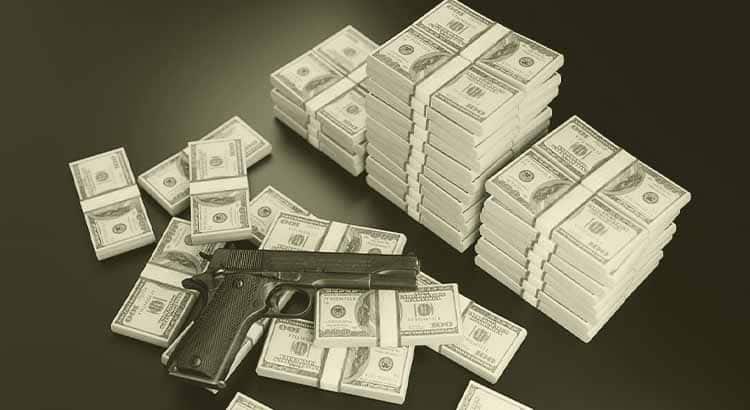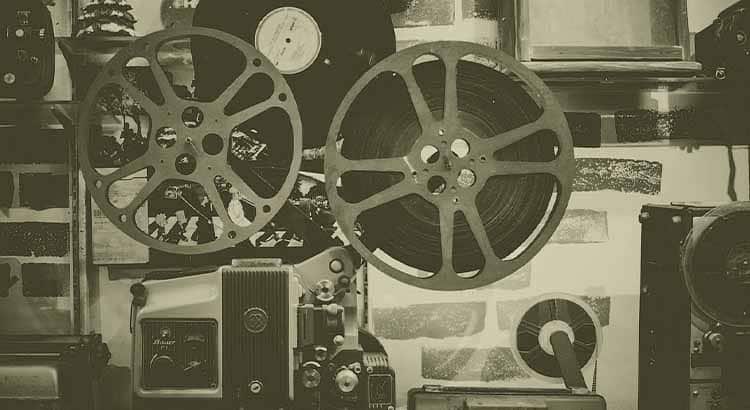I have just watched, by chance, ten seconds of a film released this past year. I count an impressive eight shots in this meager interval and immediately think of Andrei Tarkovsky. According to this great artist, the substance of cinema is time, and the filmmaker’s job is to print time on the screen. According to this prudent vision of the seventh art, a work that madly superimposes eight shots in ten seconds is anything but art. It seems to me that cinema, like music, is on its knees before an audience incapable of concentration. The work—and perhaps work is no longer the appropriate word—needs to stimulate, all the time, the adrenaline, needs to deliver instant emotion and generate expectation for a new emotion in the next second, otherwise attention simply disperses, and the audience starts to yawn. No doubt this is a generational trait, and it seems increasingly difficult to shake off this terrible modern reality that resembles this unbearable bombardment of shots.a
Tag: cinema
A Movie Script Worths Its Structure
In an untimely manner, I set out again to write film scripts. The work of the moment, which was beginning to crawl, is interrupted. And I do not know what to feel. Perspectives, I have few, whatever I am creating. But the ease of spitting out pages of screenplay jumps out when compared to the agony of literary creation. The screenwriter sees his work progress, every day, and finds manifest satisfaction. A screenplay, in fact, worths its structure, its effectiveness in distributing scenes within a predefined format, and its strength in exposing a dramatic arc. The screenwriter works on the structural demarcation of the text: he defines the conflict, its progression through the plot, and its ending; then he distributes it into scenes, with positioning and length following the dramatic arc and the format of the work. Then it is just a matter of formalizing, or rather, transforming the diagram into text. With well-defined characters, the dialogues spring up with amazing ease, in infinite variations. Of course, they are to a great extent adaptable, replaceable: the script, which is nothing but the outline of a work, worths its outline itself. And I, from being an artist, return to the role of a diagrammer.
The Sopranos, by David Chase
I lost, some time ago, the habit of the series. But I know that if for some reason I feel the nostalgia of the hours spent in front of the screen, even submerged in a sea of recent and acclaimed options, I will choose to review — again… — The Sopranos, by David Chase. And why is that? Because this series, among all, exhibits the most complex and thought-provoking psychological constructions I have ever had the opportunity to watch. Intelligent, ambiguous characters, agitated by strongly internal conflicts and represented in fantastic performances. Nothing better is up to me to expect from a series…
____________
Read more:
Write for the Cinema
I believe it was Faulkner who once said how much writing for cinema undermines an author’s creativity. Of course, Faulkner is more authority than me to talk about it, but I do not think cinema just mines a writer’s creativity. Writing for the cinema, in my case, was of profound importance. For those who have never read a script —and who do not miss much: — the cinematic text, when well written, is of a frightening objectivity: the scene describes accurate and only what is necessary to be intelligible. There are hardly adjectives, a character never presents himself with “gaze wandering through warm daydreams”, and the windows are never “sad and gloomy, crossed by a faint light that faints in the dim light”. It is true, it is true: there is less art in a movie script than in Tolstoy. However, writing for the cinema forces the writer to ask himself: What is the purpose of this scene? What is the function of this object, character or inflection in the scene? Is this stretch really necessary? What, first, is the goal, the message of this film? Does the scene I am writing contribute, in some way, to the plot? Has any direct connection to the main message of the film? Can the film be summarized briefly in the three acts of the Greek tragedy? Does the climax convince? Is it well-supported? Is there dramatic and psychological justification for the actions of the characters? I could keep quoting, but that is enough. What I think, therefore, is that this kind of question seems fundamental to any artistic text and, humbly, I believe it is necessary to do them methodically. Faulkner may not say the same, but I particularly give thanks to the cinema for having them ingrained in my veins.
____________
Read more:



